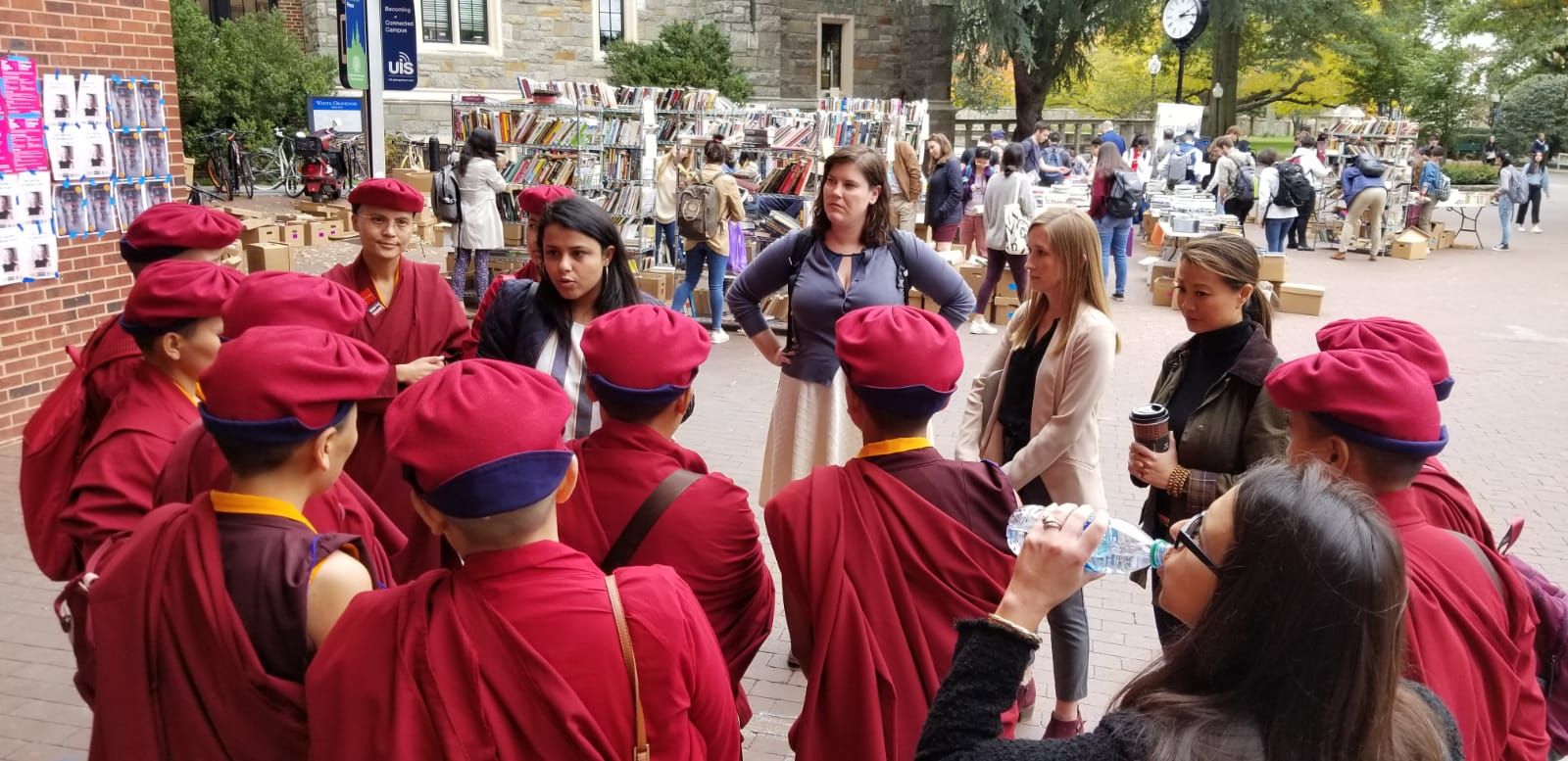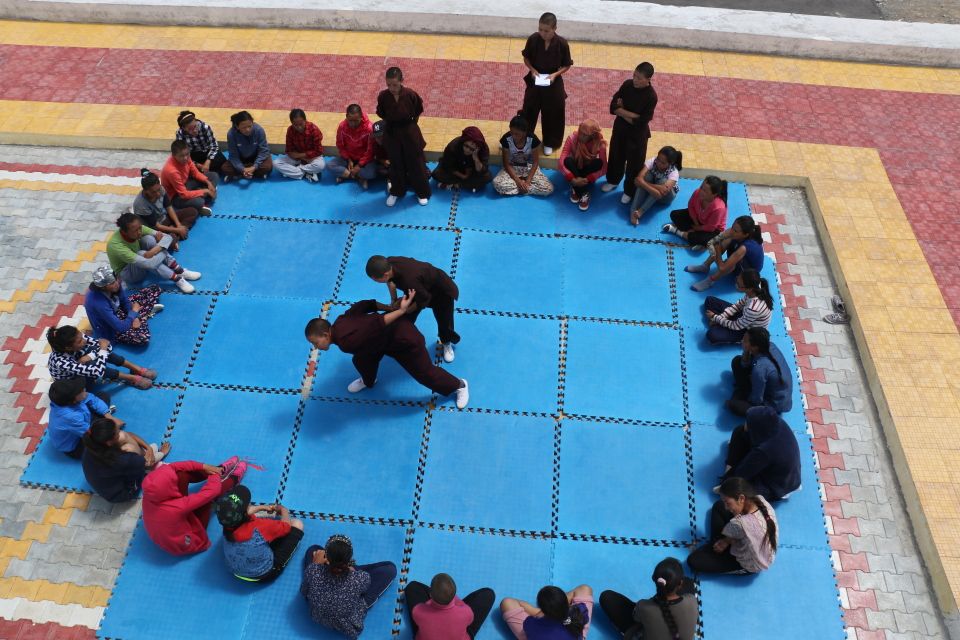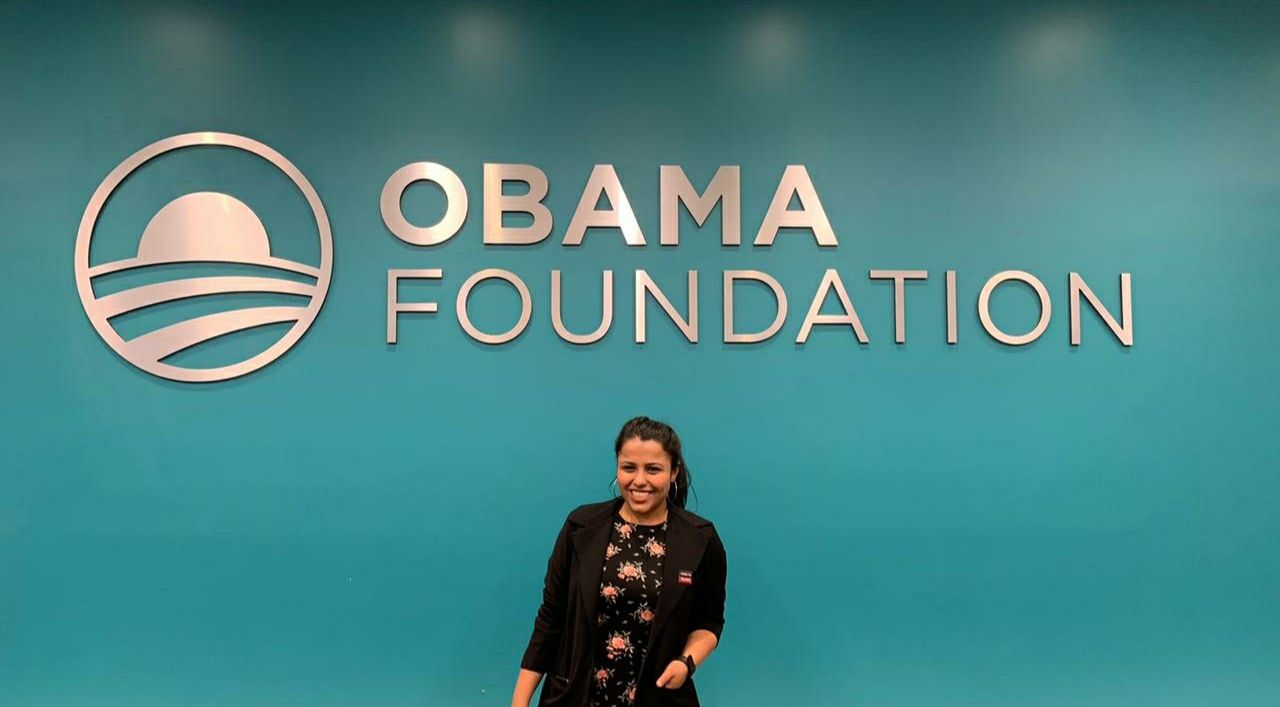At Amnesty International, our human rights work is powered by individuals who care enough to act. Some choose to raise their voices alongside our teams around the country, while others prefer to make financial contributions to support our mahi.
Smridhi Marwah knows the value of philanthropy to create systemic change. As Amnesty International's new Philanthropy Manager, Smridhi is focused on growing our major gifts programme, driving local, regional and international impact through high value donations.
As she starts her new role, we sat down with her to ask some questions to get to know her better!

Why did you want to become the Philanthropy Manager at Amnesty International?
For the past ten years, I have dedicated myself to the not-for-profit sector. Growing up and working in India, I had the opportunity to explore various areas like communications, partnerships, and eventually fundraising. It was through this journey that I discovered where my true strengths and passions lie. Fundraising was not just something I was good at, it was something that made me feel deeply connected to the work I was doing. I found joy in building authentic relationships, sharing powerful stories, and helping people see how their support could change lives.
As the world becomes increasingly uncertain, I am more aware of aligning my work even more closely with my values. I want to be part of something that matters, something that does not look away from injustice but confronts it with courage and compassion. That is why I was drawn to this role at Amnesty International.
This is more than just a job for me. It is a chance to bring together my skills, my experience, and my belief in human rights to support a cause that truly resonates with who I am.
You mentioned your upbringing in India. How has this inspired your work?
All four of my grandparents were born in what is now Pakistan. As a child, I listened to their stories of fleeing as refugees to India - stories of fear, resilience, and survival. I will never forget how my grandmother cut her hair to look like a boy, just to stay safe on that journey.
Those stories left a deep imprint on me. They shaped my values and led me to a career in the not-for-profit sector, where I have been able to learn, grow, and connect with others who care about justice and dignity.
Now, starting this role at Amnesty International feels like coming full circle - from hearing stories of displacement to working for an organisation that defends the rights of people facing similar struggles today. I carry my grandparents’ legacy with me, and I believe they would be proud of the path I have chosen.

What’s been a highlight of your work in the human rights sector?
At my previous organisation, I led fundraising efforts for self-defense workshops for young girls in remote villages near the India-Nepal border, which is one of the largest human trafficking corridors in the world. In these communities, many girls are not sent to school because their parents fear they might be kidnapped.
These workshops changed lives in profound ways. They gave parents the confidence to let their daughters pursue education, and they gave the girls a powerful sense of agency. I will never forget how many of them began to say, “I feel like I can do anything now.” That experience reminded me how fundraising is not just about money - it is about opening doors, shifting mindsets, and creating lasting change.

Why do you believe major giving is so important to Amnesty International?
Major giving is vital to the long-term sustainability of any organisation. It provides a strong foundation that allows us to continue the crucial human rights work we have been doing for decades, while also giving us the flexibility to pursue bold new initiatives that can spark real change.
Amnesty International places deep value on the voices of our supporters. Many of the ideas we act on come directly from them but to bring these ideas to life, we need resources. Major giving enables us to respond to what is happening both across Aotearoa and around the world, and to grow our impact in meaningful ways.
In times of crisis, a single major gift can make all the difference. It allows us to act quickly, mobilise resources, and provide support to those in urgent need without delay. It is not just a donation, it is a catalyst for immediate and lasting change.
A key part of your role is meeting donors and developing relationships. How do you intend to engage with the people you meet?
My intention is to spend time building deep, genuine relationships with our supporters. I want to understand what motivates them and what drives their commitment, especially for those who have stood with us for decades. What inspires them? What keeps them hopeful and engaged?
For me, it is about nurturing connections rooted in trust, generosity, and kindness. I want our supporters to feel seen, heard, and valued, not just as donors but as essential members of a global movement. When people feel respected and connected to the impact of their giving, that relationship becomes stronger and more enduring.
Final question! In honour of our 60th anniversary, we’ve been asking people about their aspirations for humankind in 2025. So, what’s your vision for humanity?
I want people to know that every action they take matters—whether it is signing a petition, responding to an appeal, or making a donation. In a world filled with crises and uncertainty, it can often feel like individual efforts are not enough. Every action, no matter how small, contributes to the larger movement for justice and human rights.
I want our supporters to believe in the power of their voice and to feel confident that their actions are making a difference. They are helping to change the world for the better, one step at a time.

